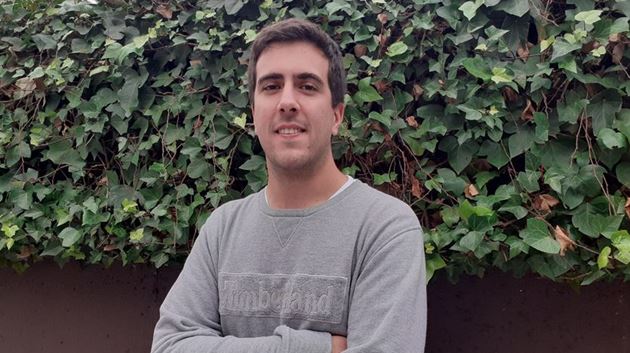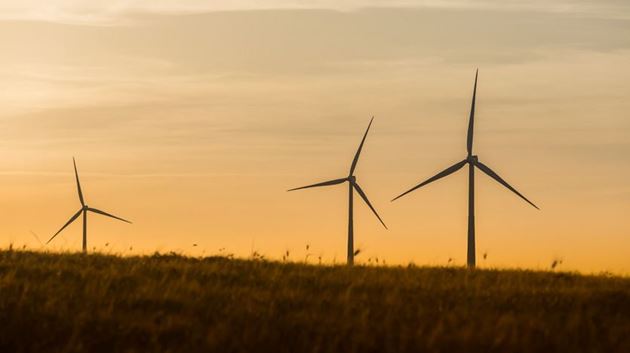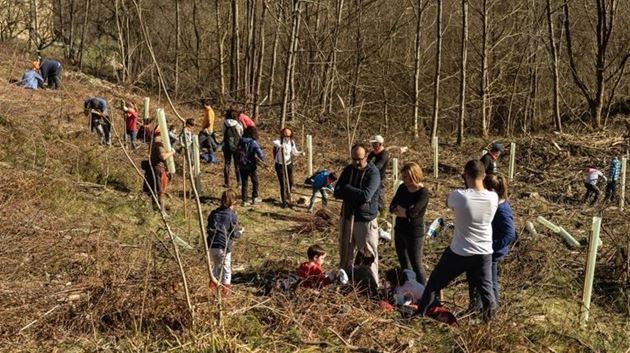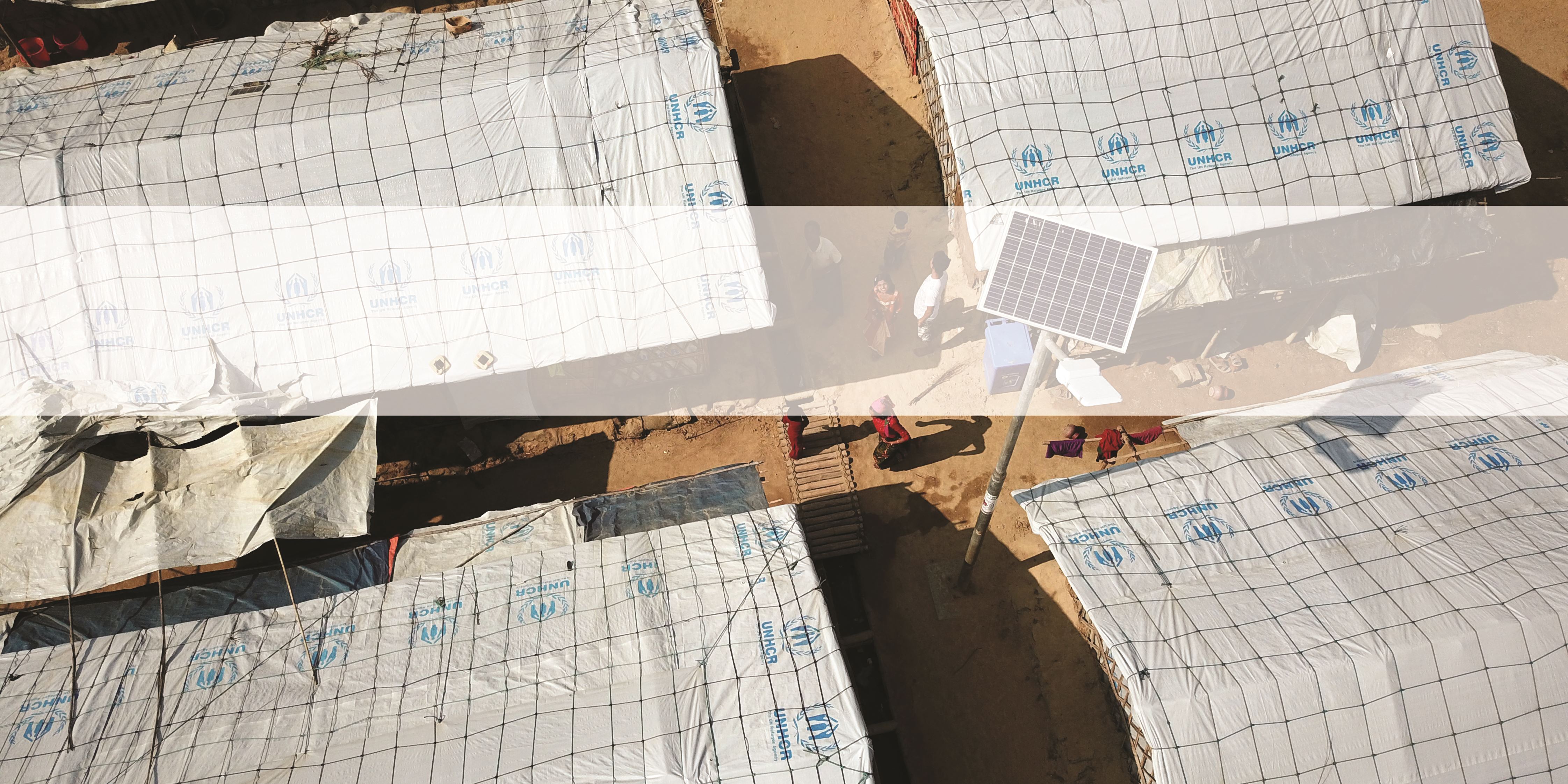
Light reaches the streets of the Cox's Bazar refugee camp
SG Impact Project in Bangladesh
Madrid / 28 January 2020
Something so normal for everyday life for most people in the western world such as street lighting may still be a basic requirement in more disadvantaged environments. Until recently, that was the case for the Cox's Bazar Rohingya refugee camps in Bangladesh. That changed in 2019 when the UN’s Refugee Agency the UNHCR worked with other well- known organizations to install 1,000 streetlamps both in refugee settlements and in areas hosting these communities. Thanks to the collaboration of Siemens Gamesa, 30 solar streetlamps were installed in Bangladesh, improving the safety of 9,000 refugees and at the same time promoting sustainable initiatives that care for the environment.
The ‘Solar streetlamps in refugee camps in Bangladesh’ project, in collaboration with the UNHCR’s Spanish Committee, was proposed by a Siemens Gamesa employee for the company’s 2020 Impact program, and was aimed at stopping deforestation, protecting the environment and providing security to women and girls, among other improvements.
The Rohingyas are an ethnic Muslim population fleeing persecution in Myanmar (Burma). At present over 900,000 refugees live in this camp, highlighting one of the largest displacements of people in decades. "We are talking about real needs: of the Bangladeshi communities that have generously opened their doors and of a refugee and stateless population that even before this crisis was one of the most marginalized and at risk in the world," says Filippo Grandi, UN High Commissioner for Refugees.
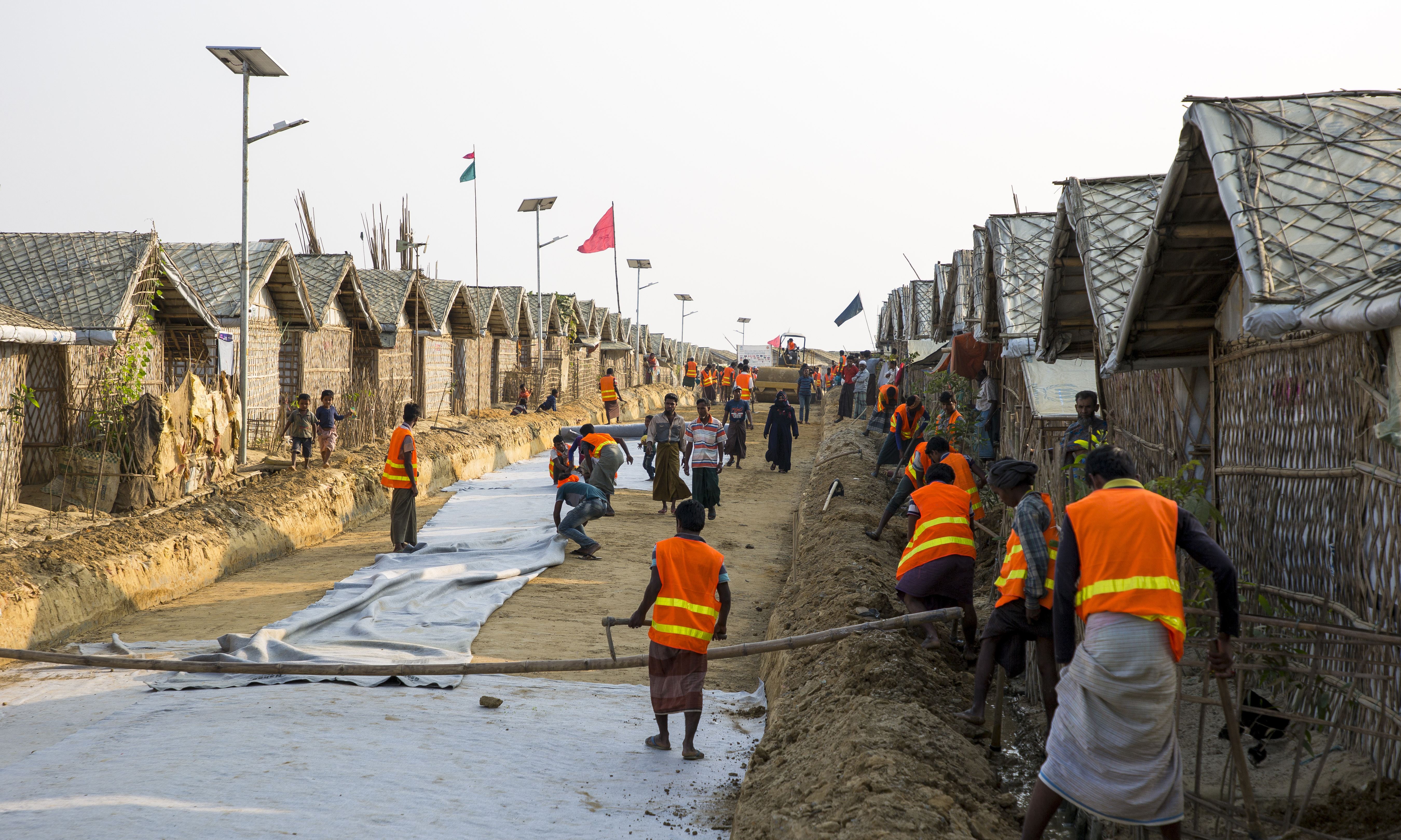
© UNHCR. Solar streetlamps at Cox's Bazar refugee camp in Bangladesh
Due to the large influx of refugees that accelerated in 2017, there has been little time to provide a space with water, energy and sanitary facilities. Under these conditions the needs are immense and that is why the UNHCR is working to achieve an impact on the UN Sustainable Development Goals (SDGs). The installation of solar streetlamps also benefits the host communities for these refugees. "Our intention is that the native host population also benefit from the infrastructures created, since in many occasions the local population's resources are also limited. This helps to encourage a peaceful coexistence between both groups," explains Fernando Sevillano, head of Strategic Alliances of the Spanish Committee of UNHCR.
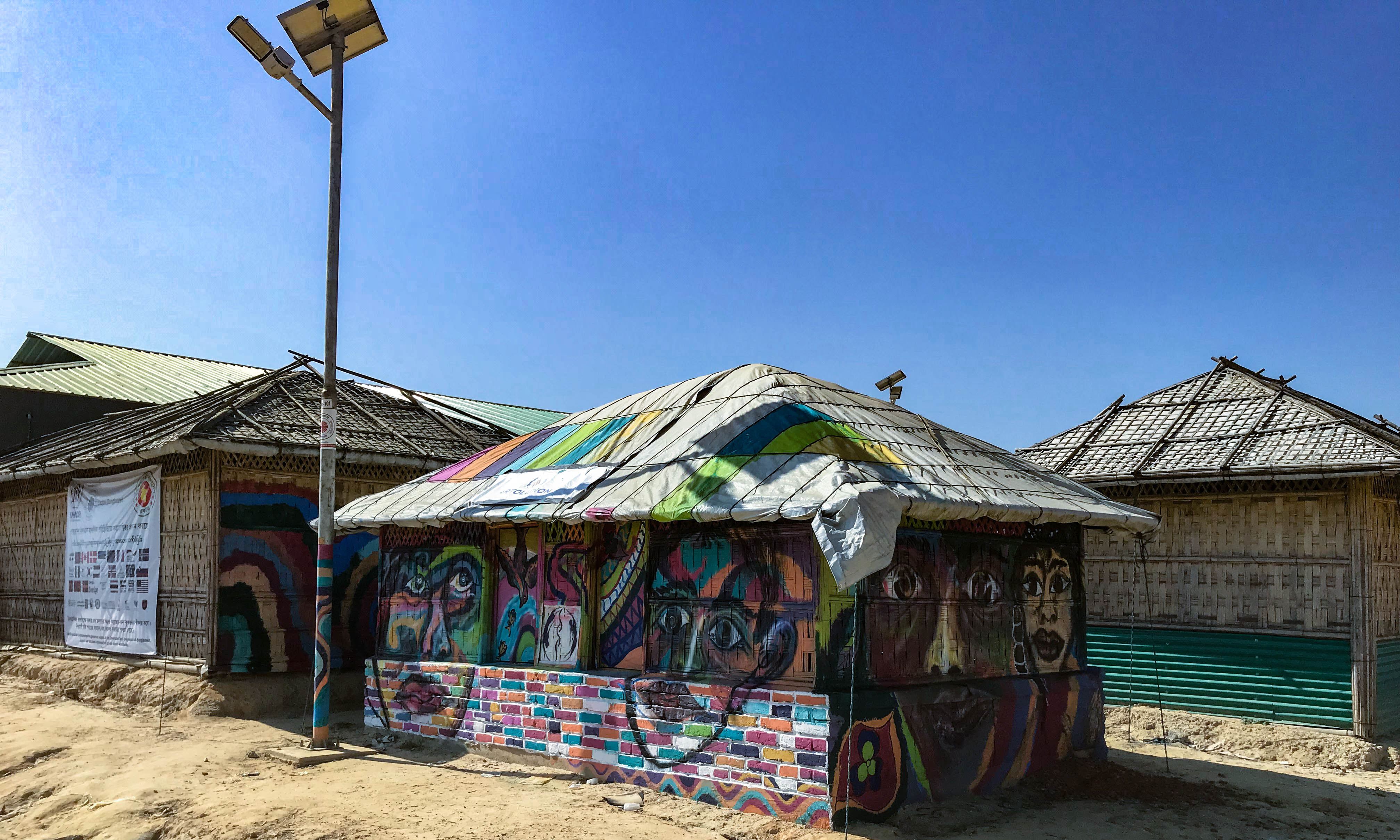
© UNHCR. One of the solar streetlamps at Cox's Bazar refugee camp in Bangladesh
The installation of these solar streetlamps will make it easier for more families to have a life outside the shelters and homes after sunset, and for children to have light to study, as well as providing security at night, among other benefits. In short, this project helps to empower families. "The solar streetlamps that Siemens Gamesa are installing are very important. Firstly, because they are ecological, sustainable and do not harm the environment, but also for us at UNHCR, light is protection in every way and generates social cohesion between people," television presenter Jesús Vázquez and UNHCR Goodwill Ambassador, said in a video recorded to explain the project.
One of the most important aspects of installing these streetlamps is the security they provide to girls and women in refugee camps, as they help to prevent assaults, attacks and sexual violence that represent goal number 5 of the UN’s SDGs: Gender equality. "I think it is very important that sustainable initiatives that protect the environment also contribute to equality between men and women, which is an issue that is very present in today's society," the Siemens Gamesa worker who presented this project said.
The issues of gender equality has attracts much attention among the international community. "These solar streetlamps protect the most vulnerable; women and girls in refugee camps. A lack of light means many of them do not dare to go out because they fear being victims of abuse or rape, which some have experienced while fleeing their country,”, Vázquez said in his video.

